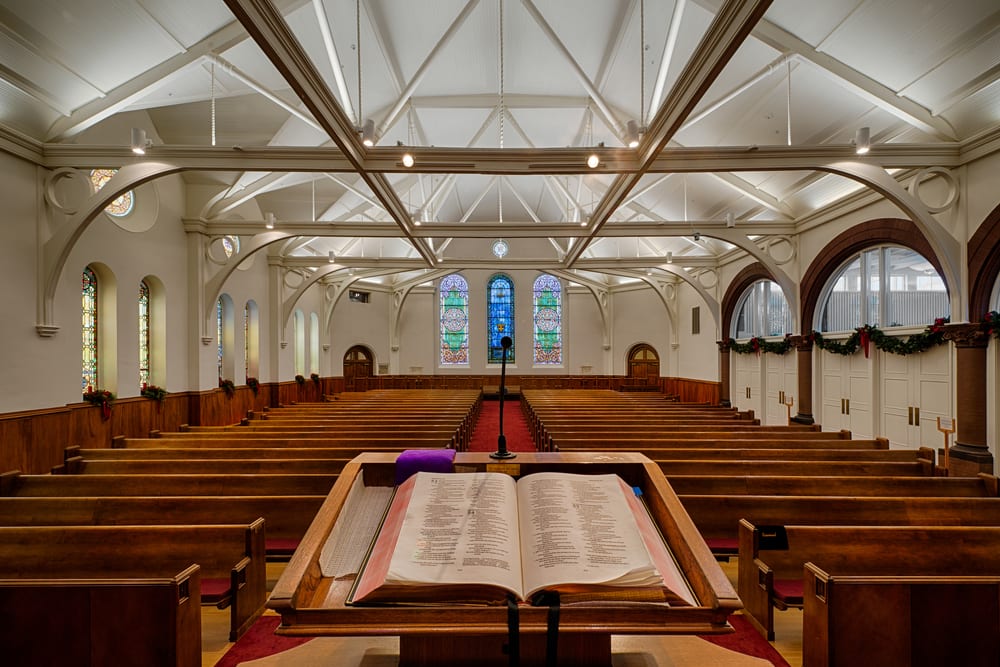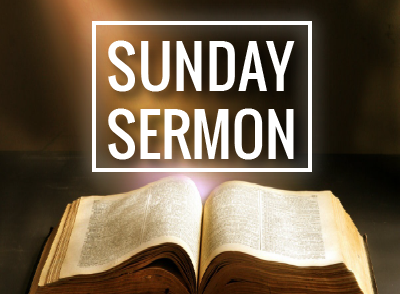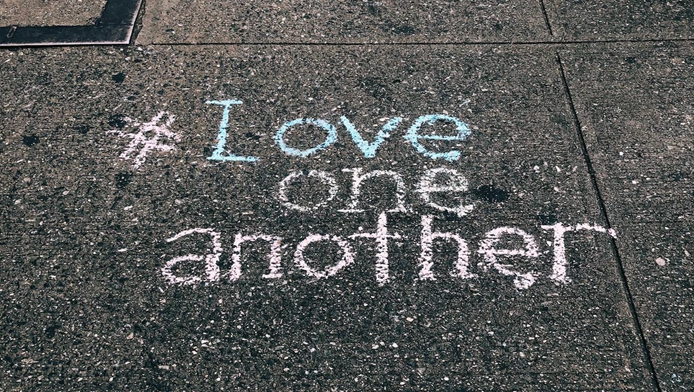On Sunday, November 8, 2020 I shared this reflection with the Congregation at the Second Congregational Church in Beverly, Massachusetts.
In every election, there are winners, and there are losers. By all accounts, we have a new President and Vice President-Elect, and I wish them well and will offer prayers for their every success. As someone said to me four years ago, the President’s success is the success of the Country. I sure hope they mean it. And as I am always reminded, the President is the President of everyone in the United States, not just those that voted for him.
But the election of a new President and Vice President will not change America overnight; in fact, it is just the beginning. I know this may sound trite, but my firm belief that the only way we will fix what has gone wrong in the Country is by all of us working together. I know some on both sides want to keep the divisions alive, and I know others wish one side or other to pay. I say to all of us, enough! It was not one side that brought us to this point, and it will not be one side that gets us out of it. All of us are Americans, no matter what party we belong to or what candidate we supported. America is at its best with a loyal opposition, and when we all come together.
I have to repent for the part I have played in the division that exists in this Country and do penance for that part I have played. I would hope that all of us can recognize our failings and recognize that we have, at times, been part of the division. For whatever our role was, large or small, let us ask for forgiveness and work towards unity rather than division. True healing can only begin when we recognize the part we have played and try to change our behavior.
I do recognize many people have been hurt, and I understand it will take time for that hurt to be healed, but we have to start at some point and bind up and heal the wounds and to be sensitive to those who have been hurt and continue to hold them in our prayers.
Yesterday I was asked if I would be seeking unity if the election had gone the other way, and my response was I certainly hope so; otherwise, I would be a hypocrite, and the Church has enough hypocrites right now. It saddens me to see fellow clergy, myself included adding to the division of this nation.
I was not ordained in the United Church of Christ, but I joined with my clergy colleagues each year and renew our ordination. Part of that ordination are promises that we make, two of which are:
Will you be zealous in maintaining both the truth of the gospel and the peace of the Church, speaking the truth in love?
Will you seek to regard all people with equal love and concern and undertake to minister impartially to the needs of all?
One of the Church’s primary missions is to seek reconciliation of all people and, as you have heard me say before, to love everyone regardless of what side they happen to be on. The Church needs to be that beacon of light that shines in the darkness and brings people together, but we have to have unity inside before we can hope to have unity outside.
However, my desire to seek unity does not mean that I will not continue to fight for what I believe is right and that I stop speaking for those with no voice and those on the margins. I am called to be their voice regardless of who the President is, and the importance of that call did not end with the calling of an election.
One of the pictures that speaks the most to me is that of two old veterans reaching across a stone wall and shaking hands. One wore blue, and one wore gray, and the place was Gettysburg, Pennsylvania. Although it was not easy, and much of what divided us then still divides us now, but we somehow managed to come together and heal the wounds that war had caused.
In his second inaugural address, Abraham Lincoln Said:
“With malice toward none with charity for all with firmness in the right as God gives us to see the right let us strive on to finish the work we are in to bind up the nation’s wounds, to care for him who shall have borne the battle and for his widow and his orphan to do all which may achieve and cherish a just and lasting peace among ourselves and with all nations.”
To those of you celebrating, take your victory lap, but remember it is just a lap and time to work. To those of you not feeling that great this morning, here is my hand; although I am celebrating, I am also here for you to help you and to also say to you, take your time, but we need you to join us to help us turn this thing around.
In the great hymn “America The Beautiful” there is this line:
America! America!
God mend thine every flaw,
Confirm thy soul in self-control,
Thy liberty in law!
America is not perfect and the thing that makes America great is that we are not finished yet. America is difficult but America is worth fighting for.
My prayer today is for unity and my prayer today is for peace. I pray for President Trump and Vice-President Pence as they begin the peaceful transfer of power and for President-Elect Biden and Vice-President Elect Harris as they take up the mantle of leadership.
My God bless us all, and my God bless America.








